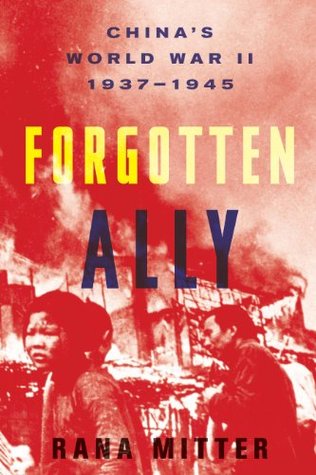Both Chiang and Mao spoke in terms of “democracy,” but their understanding of the term meant something more like mass participation in politics under the direction of a dominant party. They were not unusual in this. Many of their counterparts in anti-Western struggle, such as the Indian nationalist Subhas Chandra Bose and the Burmese Ba Maw, were progressive and secular in their aims, but like the Chinese leaders, were not necessarily pluralist. Across the region, the Indian nationalists Nehru and Gandhi were exceptional in their adherence to a model of wide-ranging democracy.
Welcome back. Just a moment while we sign you in to your Goodreads account.


